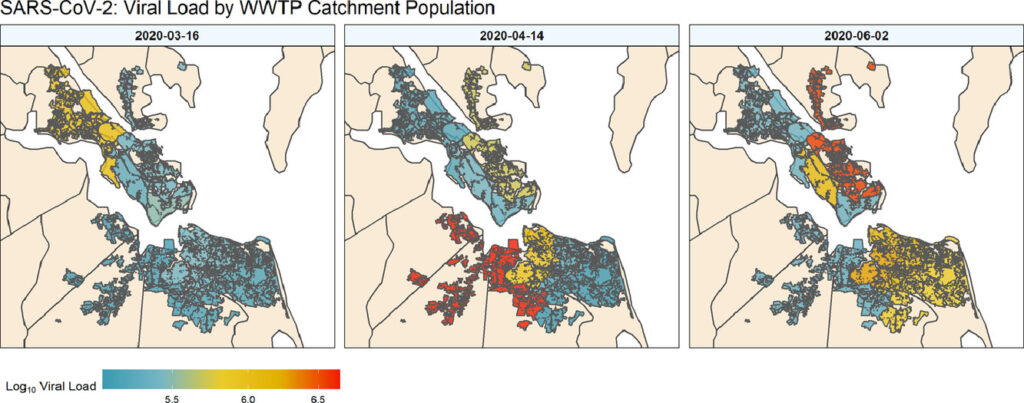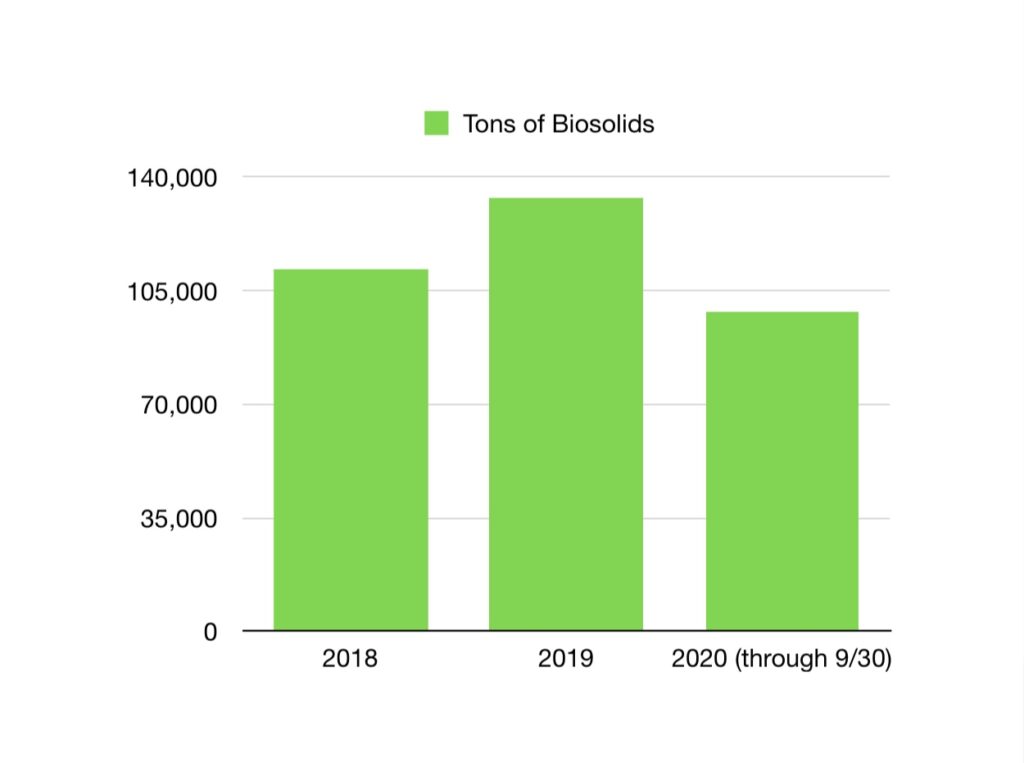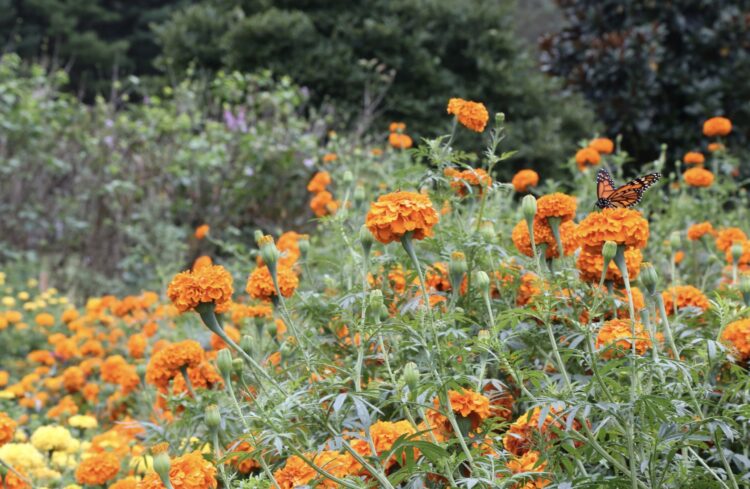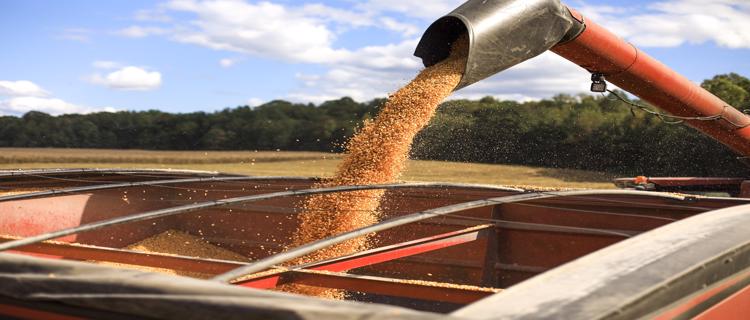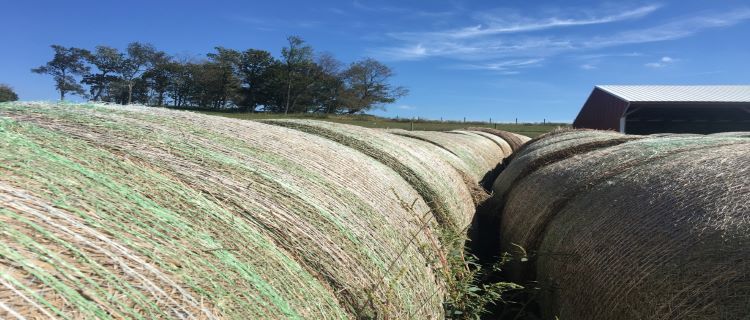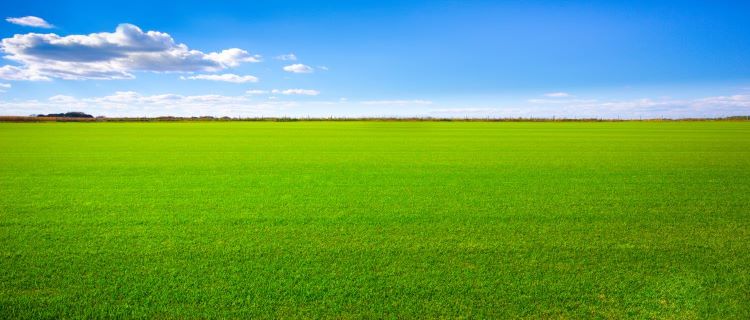Virginia Utilities on Leading Edge of COVID-19 Wastewater Monitoring
Wastewater surveillance has shown success in monitoring for COVID-19 outbreaks, based on ongoing initiatives underway in Charlottesville and the Hampton Roads area. Two VBC members – Hampton Roads Sanitation District (HRSD) and the Rivanna Water and Sewer Authority – are at the forefront of this work. This work could prove even more valuable for predicting outbreaks […]
